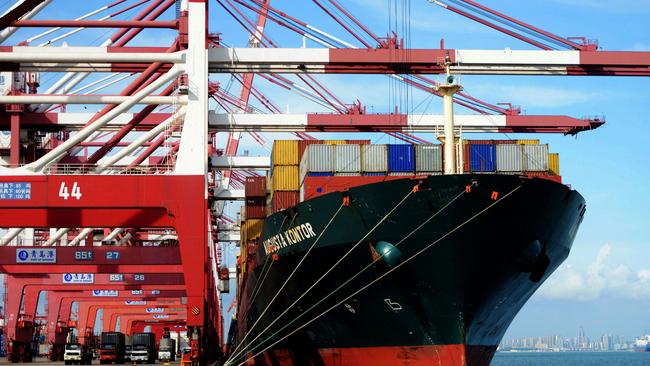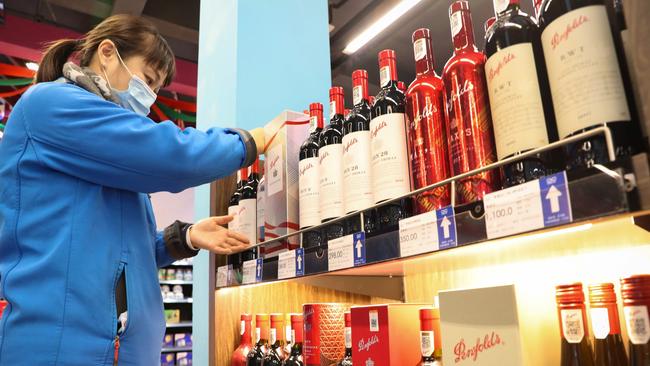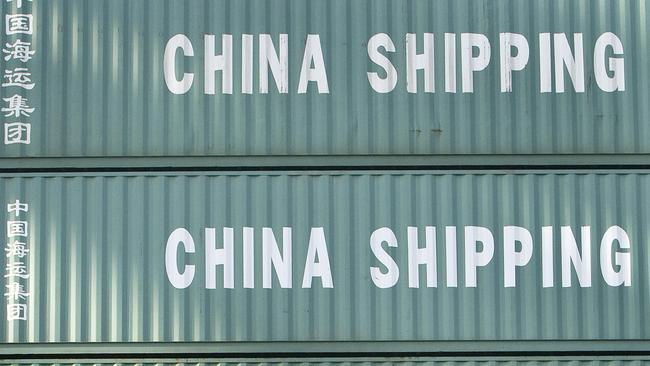China tightens import rules on Australian exports starting January 1 citing Covid-19 concerns
Beijing has slapped tough new rules on imported Aussie foods starting January 1 - and their reason may shock you.
National
Don't miss out on the headlines from National. Followed categories will be added to My News.
The New Year will bring new challenges for Australian businesses wanting to do business with China, with Beijing now bringing in import restrictions on honey, olive oil, chocolate, flour and nuts.
After years of wanting to impose rules governing foreign food imports, from January 1 new laws will see all food shipped to China requiring prior registration and approval from Chinese customs.
Previously registration was only required for products posing potential health risks like seafood and meats but under the cover of Covid-19 and Beijing claims the virus could be carried on all foreign foods, the rules have been widened.
Among the goods to fall under the new regulations will be chocolate, alcohol including whisky, coffee, honey, olive oil, flour and nuts with foreign manufacturers, processors and storage facilities to have registered for new access to the Chinese market by January 1.

Beijing has said the latest laws follow World Trade Organisation agreements on implementing food safety measures and dismissed suggestions it is a new block against trading with foreign nations, notably Australia.
Austrade has said the Federal Government was aware of reports that trade disruptions could affect some goods entering China.
China launched a series of trade bans and restrictions on Australian imports since 2020 after taking offence at Prime Minister Scott Morrison’s call for an independent review on the origins of Covid-19.

The WTO is already examining China’s tariffs on Australian wine imports after it imposed a 220 per cent tariff increase for up to five years, following other measures such as import limits on Australian beef, cotton, coal and barley.
Now other food stuffs from other countries, notably Europe and the US are to be affected with the January 1 rules adding another layer of bureaucracy and delay.
“The import curtain will fall,” Alban Renaud, a China-based lawyer with the firm Adaltys told media.
“Will there be a margin of tolerance? What about the applications that are in progress but not approved? What about those who applied too late?”

Western United States Agricultural Trade Association executive director Andy Anderson said there were 14 new food categories added to the chilled and frozen seafood now requiring registration.
“We have never had anything this draconian out of China,” he said.
The US administration has previously described the blocks on Australian trade by Beijing as “economic coercion”.
The European Union had formally requested that Beijing postpone the latest measures by 18 months, but without success.
Chinese consumers bought more than $AU150 billion worth of imported produce this year, a rise of 30 per cent from the previous year.
Products entering China are now subject to extra screening and repeated disinfection, with products often banned when a Covid outbreak is discovered at the point of packing overseas.
The World Health Organisation (WHO) has said the chances of Covid-19 being transported in food are slim.




